The Slow Blink Kiss

When your cat slowly closes and opens their eyes while looking at you, they’re giving you the ultimate feline compliment. This behavior, often called “cat kisses,” signals complete trust and affection. In the wild, closing eyes around another creature would leave them vulnerable to attack. Your cat is basically saying “I love you so much, I’m willing to be defenseless around you.” Try slow blinking back at your cat and watch their reaction. Many cats will return the gesture, creating a sweet moment of connection. This simple exchange can strengthen your bond more than any expensive toy ever could.
Making Biscuits on Your Lap

That rhythmic kneading motion cats do with their paws isn’t just cute—it’s a throwback to their kittenhood. When nursing, kittens knead their mother’s belly to stimulate milk flow. Adult cats who knead you are essentially treating you like their mother, showing the deepest level of comfort and security. The harder they knead, the more content they feel. Some cats even drool a little during intense kneading sessions, which might seem gross but is actually the highest compliment. Creating a soft blanket on your lap can make this experience more comfortable for both of you.
Following You to the Bathroom
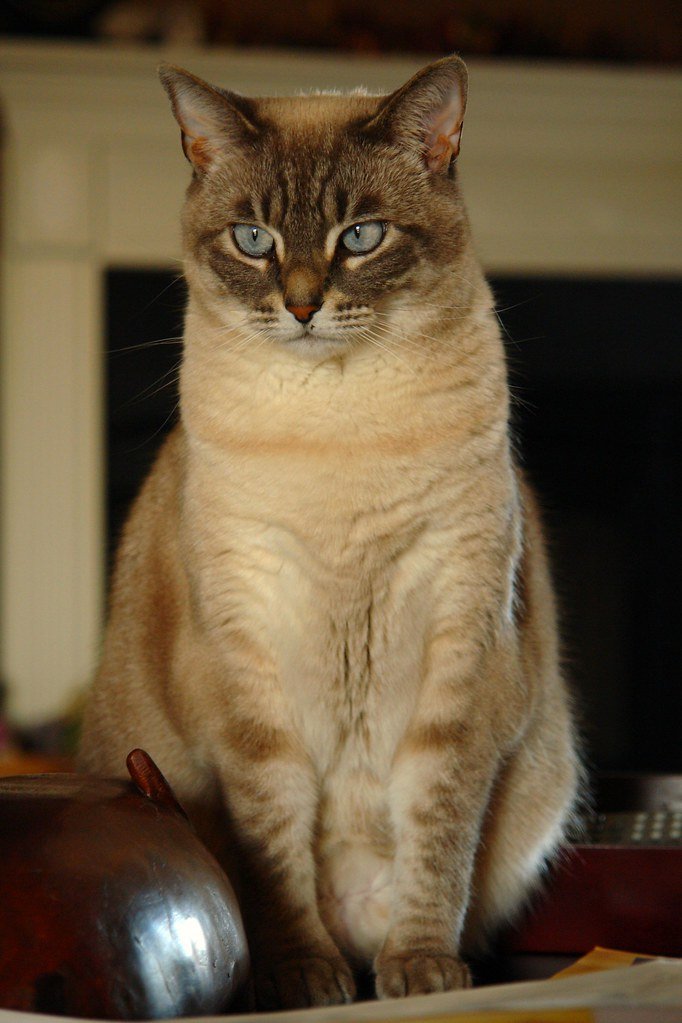
Your cat’s bathroom surveillance isn’t about being nosy—it’s about being your personal bodyguard. In the wild, animals are most vulnerable when relieving themselves, so your cat instinctively wants to watch your back. This behavior shows they see you as part of their family unit worth protecting. Some cats will even position themselves between you and the door, ready to alert you to any potential threats. Rather than shooing them away, appreciate this ancient protective instinct. Your cat literally has your back when you’re at your most vulnerable.
Bringing You Dead Mice or Toys
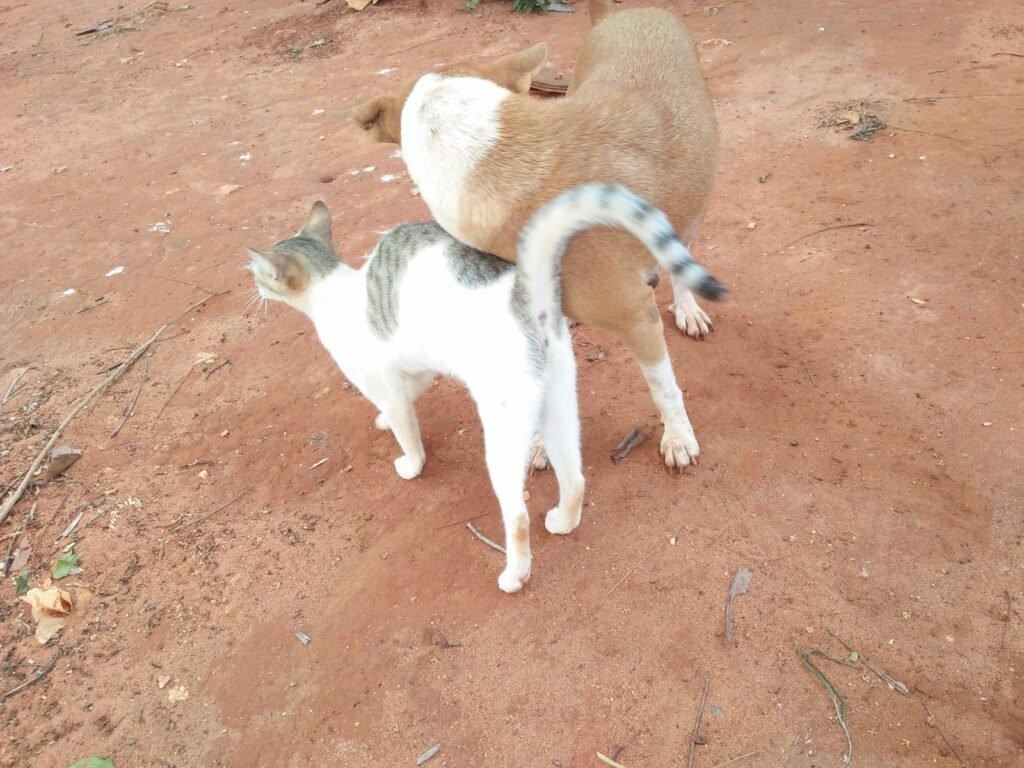
Those “gifts” your cat leaves at your feet aren’t meant to gross you out—they’re expressions of pure love and concern. In cat society, successful hunters share their catch with family members who might be struggling to find food. Your cat genuinely worries about your hunting skills since they never see you catch anything. They’re trying to teach you or make sure you don’t starve. Even indoor cats will bring you their favorite toys as substitute prey. Accepting these gifts graciously, even if they make you squeamish, validates your cat’s caring instincts and strengthens your relationship.
Sitting in Boxes Way Too Small

A cat’s obsession with boxes isn’t just internet meme material—it’s serious stress relief. Enclosed spaces make cats feel secure and help them conserve body heat, which is why they’ll cram into impossibly small containers. Boxes also provide the perfect vantage point for observing their territory while feeling protected. Research shows that shelter cats with access to boxes adapt faster and show less stress than those without. Leaving a few cardboard boxes around your home is like providing free therapy for your feline friend. The smaller and more ridiculous the fit, the better they seem to love it.
Sleeping on Your Keyboard
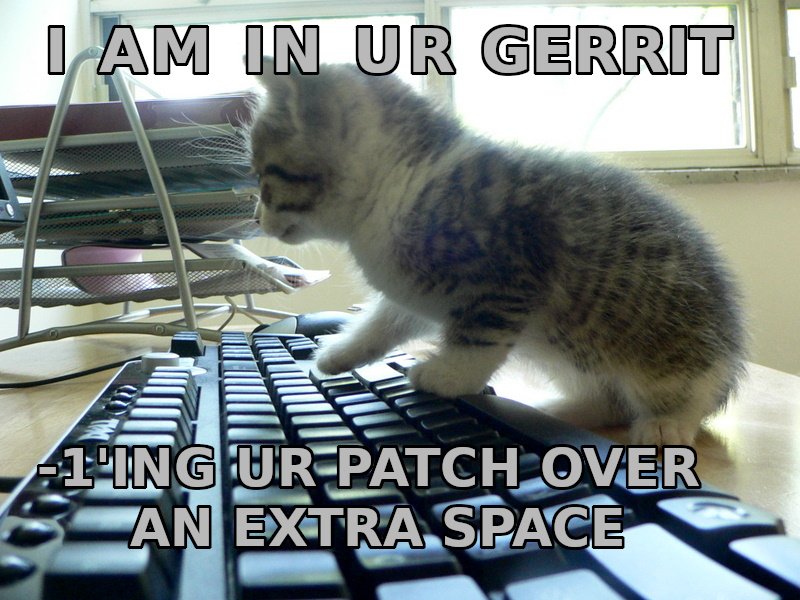
Your cat isn’t deliberately sabotaging your work—they’re seeking warmth and attention in the most efficient way possible. Laptops generate heat, and your focused attention on the screen makes them feel left out. By positioning themselves on your keyboard, they solve both problems instantly. This behavior also stems from their desire to be involved in whatever you’re doing. They don’t understand technology, but they understand that this glowing rectangle takes your attention away from them. Providing a heated cat bed nearby or taking regular cuddle breaks can redirect this behavior while honoring their needs.
Chattering at Birds Through Windows
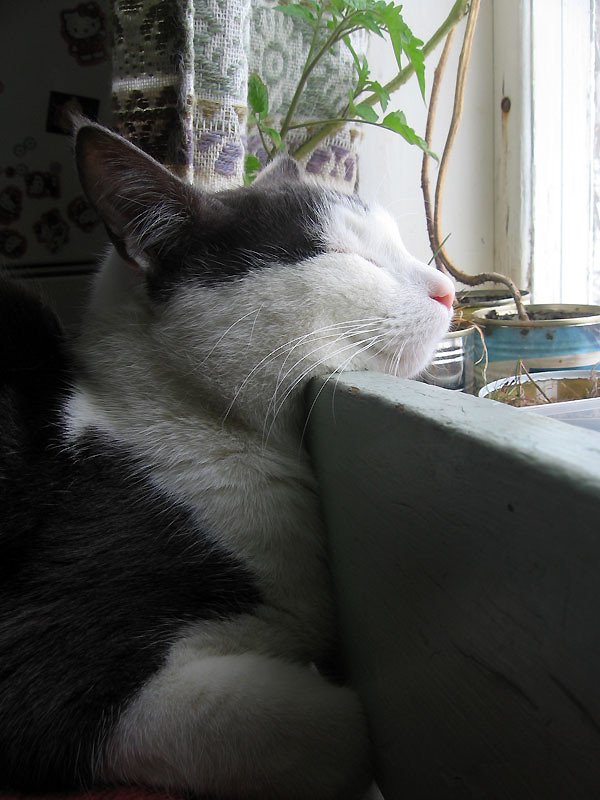
That rapid teeth-chattering sound your cat makes while bird-watching isn’t frustration—it’s actually mimicking the killing bite they’d use on prey. Some experts believe cats are practicing their hunting technique, while others think they’re expressing excitement mixed with predatory anticipation. This behavior is so ingrained that even well-fed indoor cats will chatter at birds, proving their wild instincts remain strong. The sound might also help them focus their energy and attention on potential prey. Installing bird feeders outside windows where your cat likes to sit can provide hours of engaging entertainment that satisfies their hunting instincts safely.
Hiding When Strangers Visit
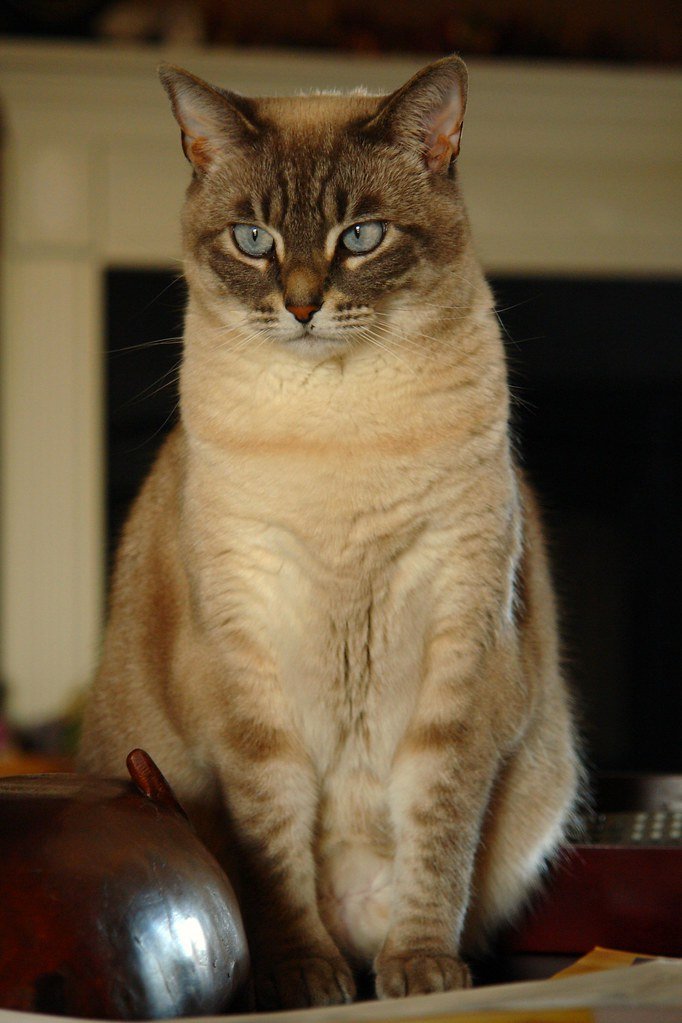
Your social butterfly cat suddenly becoming invisible when guests arrive isn’t rude—it’s smart survival strategy. Cats naturally assess new situations before deciding whether they’re safe, and hiding gives them time to evaluate strangers without being vulnerable. This cautious approach kept their ancestors alive in the wild. Some cats need hours or even days to warm up to new people, and that’s completely normal. Forcing interactions usually backfires and can create negative associations with visitors. Instead, let your cat approach new people on their own terms while providing safe hiding spots where they can observe without pressure.
Staring at Empty Corners
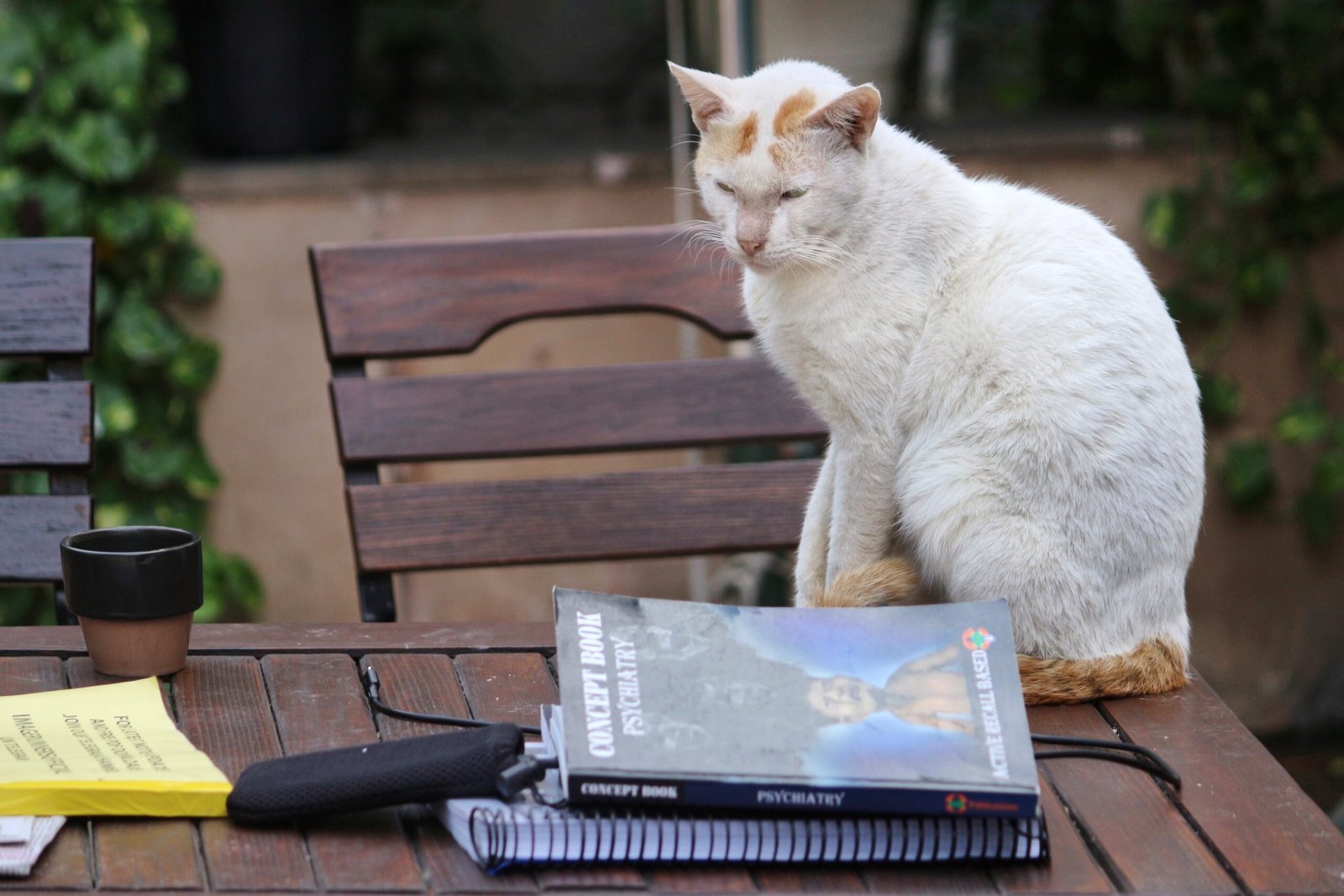
When your cat stares intently at seemingly nothing, they’re not seeing ghosts—they’re detecting sounds, scents, or tiny movements your human senses miss. Cats can hear frequencies up to 64,000 Hz compared to our measly 20,000 Hz, meaning they notice things like rodents in walls or insects we can’t perceive. They might also be tracking dust particles floating in sunbeams or responding to scents carried by air currents. This behavior shows their incredible sensory abilities are constantly working to monitor their environment. Rather than dismissing this staring as weird, appreciate that your cat is essentially your home’s early warning system.
Rubbing Against Your Legs
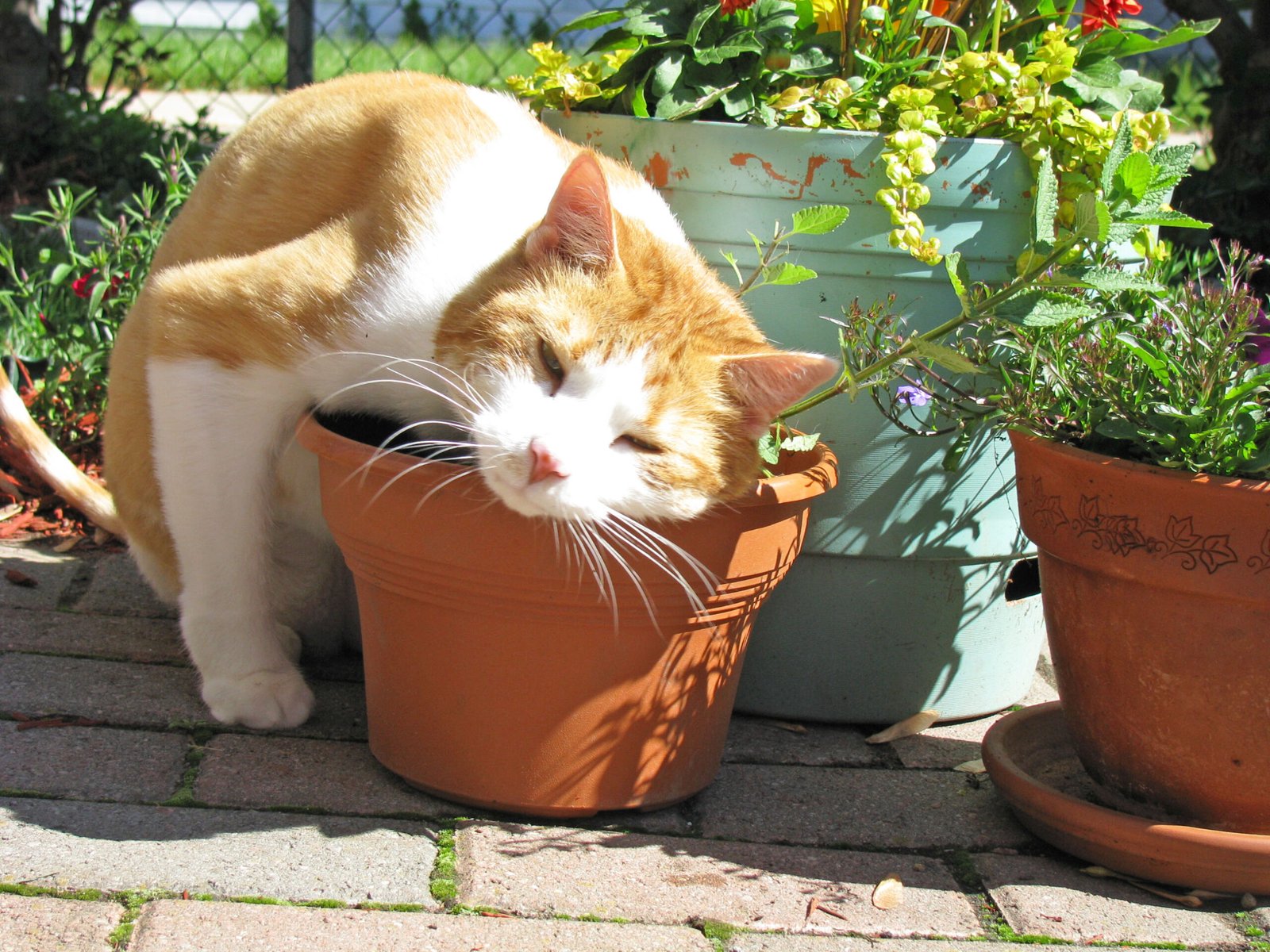
Those leg rubs aren’t just cute greetings—they’re your cat marking you as their property. Cats have scent glands in their cheeks, forehead, and flanks that release pheromones when they rub against objects. They’re essentially putting their signature on you, claiming you as part of their territory and family. This behavior also helps them create a familiar scent environment that makes them feel secure. The more they rub, the more they love and trust you. Pets and gentle scratches during these rubbing sessions reinforce the bonding experience and make your cat feel appreciated for their affectionate gesture.
Purring When They’re Hurt

Cats don’t just purr when happy—they also purr when injured, sick, or stressed, which initially confused scientists. Research now shows that purring vibrations (25-35 Hz) actually promote healing by increasing bone density and reducing pain and swelling. Essentially, cats have their own built-in healing mechanism that they activate when needed. This explains why mother cats purr while giving birth and why injured cats often purr at the vet. If your cat is purring but seems unwell, don’t assume they’re fine—the purring might be their attempt at self-healing. This incredible ability makes purring one of nature’s most fascinating survival tools.
Sleeping 16 Hours a Day
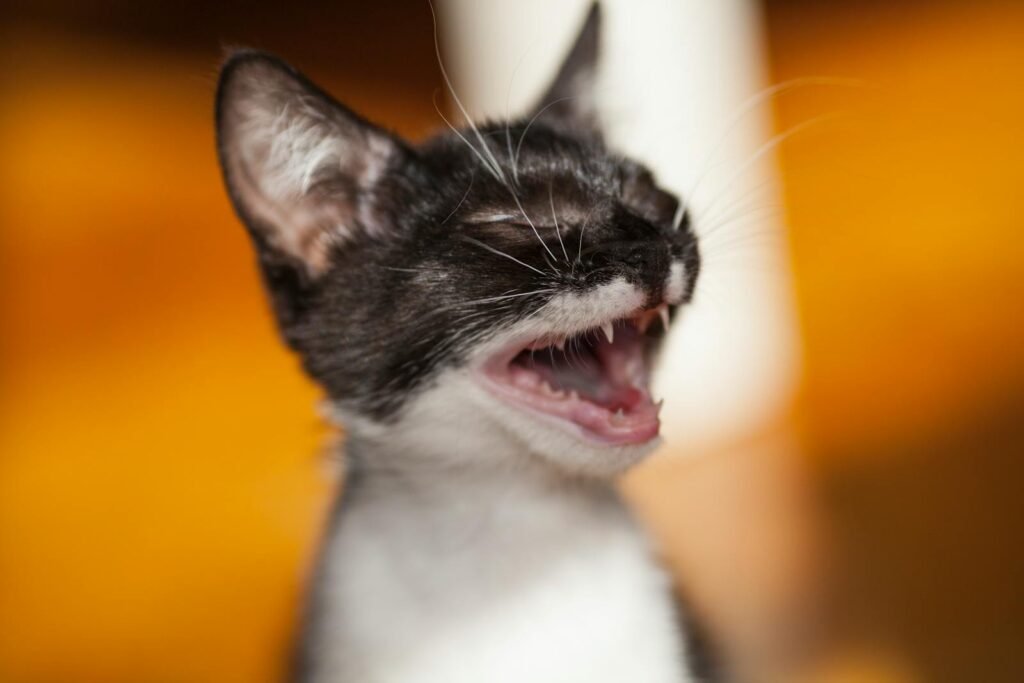
Your cat’s marathon sleeping sessions aren’t laziness—they’re evolutionary efficiency. Wild cats need to conserve energy for intense hunting bursts, and domestic cats retain this pattern even though their food comes from bowls. Cats are crepuscular, meaning they’re naturally most active during dawn and dusk when prey animals are moving around. Those long daytime naps prepare them for their natural activity periods. Their sleep also consists of mostly light dozing, allowing them to spring into action instantly if needed. Providing cozy sleeping spots throughout your home honors this natural rhythm and keeps your cat mentally and physically healthy.
Licking Your Hair

When your cat licks your hair, they’re not critiquing your shampoo choice—they’re grooming you like a beloved family member. In cat colonies, mutual grooming strengthens social bonds and establishes hierarchy, with cats grooming those they consider family. Your cat treating you to a hair wash means they see you as part of their inner circle. This behavior also helps them mix their scent with yours, reinforcing the family unit. While cat tongues can be rough on human hair, trying to redirect rather than punish this behavior preserves the loving intention behind it. Offering your hand instead of your head can satisfy their grooming urge more comfortably.
Ignoring You When You Call
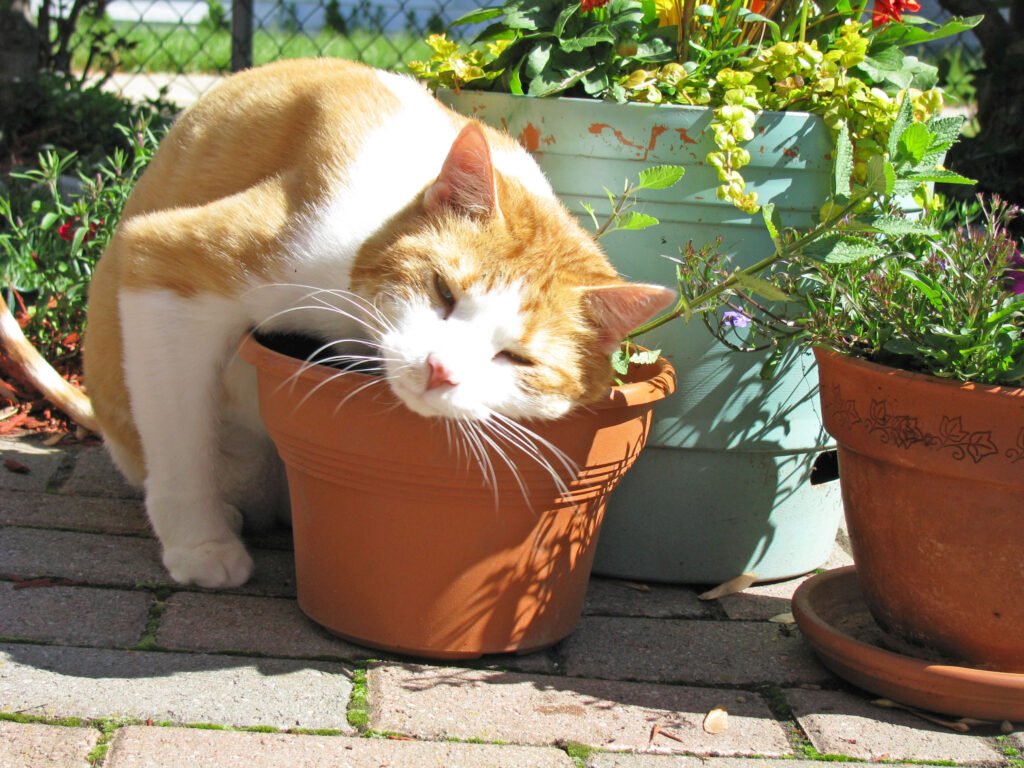
That selective hearing when you call your cat’s name isn’t defiance—it’s actually proof they know exactly who you are. Studies show cats recognize their names and their owner’s voices but choose when to respond based on their current priorities. Unlike dogs, cats weren’t bred to be constantly responsive to humans, so they maintain more independence in their relationships. Your cat ignoring you while clearly hearing you is actually a sign of comfort and security—they know you’re not going anywhere. This selective response system helped their ancestors survive by not wasting energy on unnecessary reactions. The fact that they do respond sometimes shows they choose to engage with you, making those moments even more special.
What small gesture from your cat surprised you the most?
Hi, I’m Bola, a passionate writer and creative strategist with a knack for crafting compelling content that educates, inspires, and connects. Over the years, I’ve honed my skills across various writing fields, including content creation, copywriting, online course development, and video scriptwriting.
When I’m not at my desk, you’ll find me exploring new ideas, reading books, or brainstorming creative ways to solve challenges. I believe that words have the power to transform, and I’m here to help you leverage that power for success.
Thanks for stopping by, Keep coming to this website to checkout new articles form me. You’d always love it!





